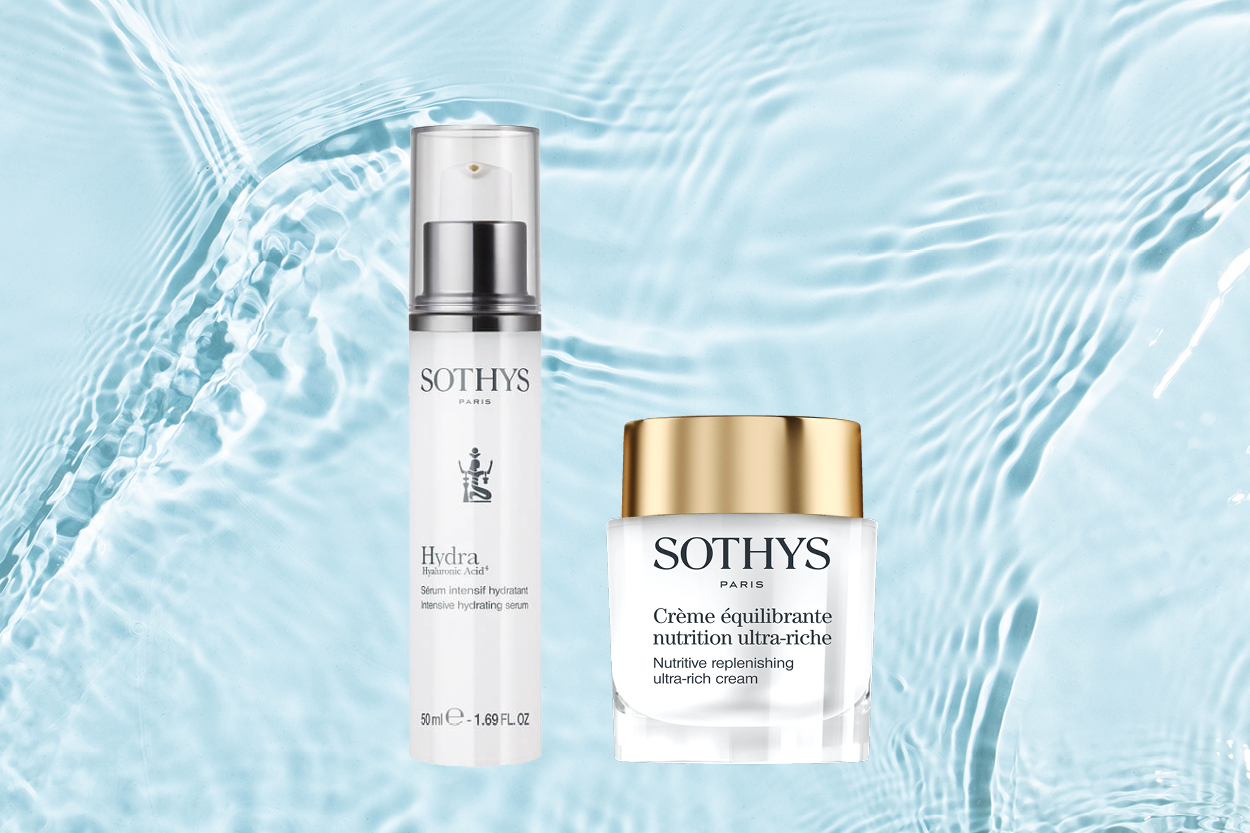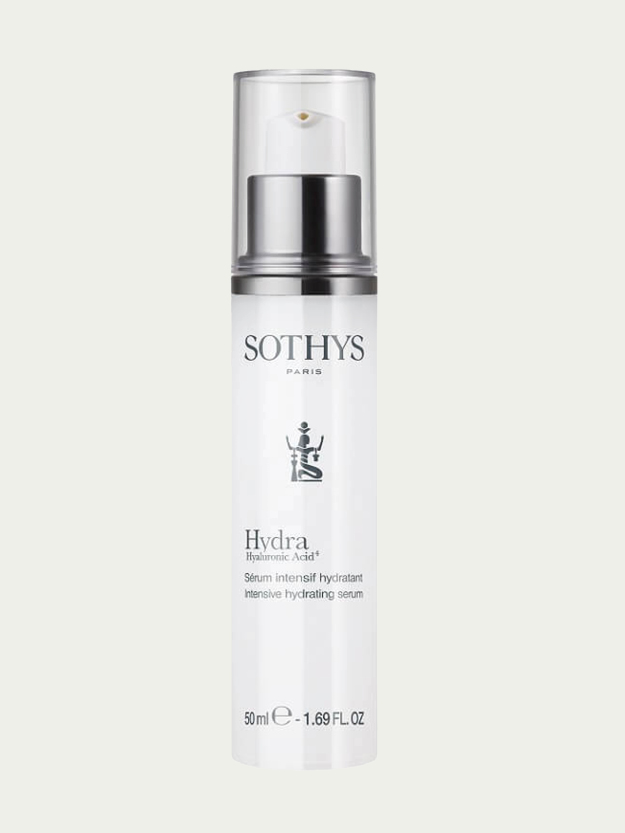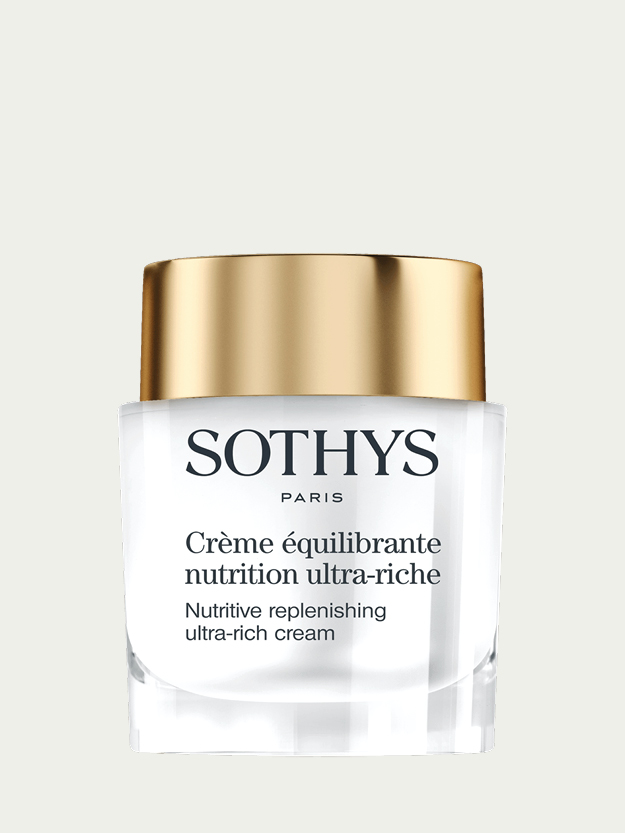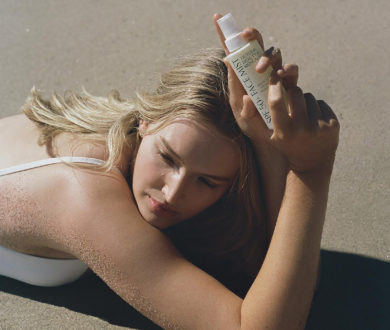When elevating skin to its healthiest state, understanding the nuances of skincare and all its jargon is paramount. One common source of confusion is the difference between dehydration and dry skin. These two terms may seem interchangeable, but understanding their distinctions is necessary if you are to address your skin’s concerns effectively. Recently, I spoke with Gina Turner, a renowned skin expert from Sothys who shared invaluable insight on the matter, explaining which treatment rituals were best for addressing both conditions. Sothys, a brand synonymous with luxury and efficacy, has been at the forefront of skincare innovation for decades, making Turner the perfect person to point us (and our skin) in the right direction.
Dehydration, as Turner explains, refers to a lack of water in the skin, while dryness signifies an absence of oil. While the two conditions may manifest with similar symptoms, discerning their underlying causes is essential for accurate treatment. Dehydration often leaves the skin feeling tight, particularly after cleansing, as if your skin is one size too small for your face. On the other hand, dryness is characterised by rough texture, flaking, dullness and occasional sensitivity. Observing these manifestations carefully will allow you to begin the most suitable protocol to support your skin through the season.
You see, as the seasons change, our skin faces different challenges. Winter, in particular, exacerbates both dehydration and dryness. The harsh cold air and temperature fluctuations from indoor heating strip the skin of its moisture, leaving it vulnerable to these conditions. In such climates, it becomes crucial to employ a regimen that counteracts these effects and restores balance to the skin.

When it comes to treating dehydration, Turner emphasises the efficacy of topical applications. The right moisturiser, specifically formulated to support water flow and retention in the skin, can provide instant relief to a parched visage. Look for products containing keywords such as hydrate and plump, as they focus on restoring and maintaining optimal hydration levels.
Addressing dryness, Turner suggests a multifaceted approach. Internally, incorporating foods rich in oils, such as those containing omega fatty acids, can be beneficial, as it is thought the best beauty begins within. To further the treatment, topically applied products that support or mimic the skin’s natural oil secretions can be highly effective. Seek out formulations with keywords like nutrition and nourishment to replenish the skin’s oil barrier and encourage overall skin health.
While it’s possible to experience both dehydration and dryness simultaneously, Turner advises tailoring your approach based on the severity of each condition. Some individuals may find products that address both concerns simultaneously, while others may benefit from focusing on one more intensively, using products with key ingredients designed to target their skin’s unique needs.
For those seeking the best skincare products to aid in their skin’s recovery, Turner recommends Sothys’ Hydra4 Moisturising Range for dehydration and their Nutritive Nourishing Range for dryness. Sothys, renowned for its luxurious and effective formulations, has meticulously developed these lines to provide targeted solutions for each concern, ensuring optimal, long-lasting results.
And while simply knowing and understanding these conditions is important, Turner also encourages seeking out professional guidance if you’re to address every aspect of your skin’s needs. Determining whether your skin is dry or dehydrated can be a challenging and frustrating process without expert advice. Consulting a beauty therapist or skincare professional will steer you in the right direction, helping you identify the ideal ingredients and products, while also taking into account the seasonal and climatic factors that can impact your skin.
Understanding the distinction between dehydration and dryness empowers you to take proactive steps in maintaining and improving the health of your skin. Armed with this insight (and some new products to add to your routine), you can embrace a skincare routine that addresses your unique skin, ensuring a luminous and supple complexion year-round that is neither dehydrated nor dry.









